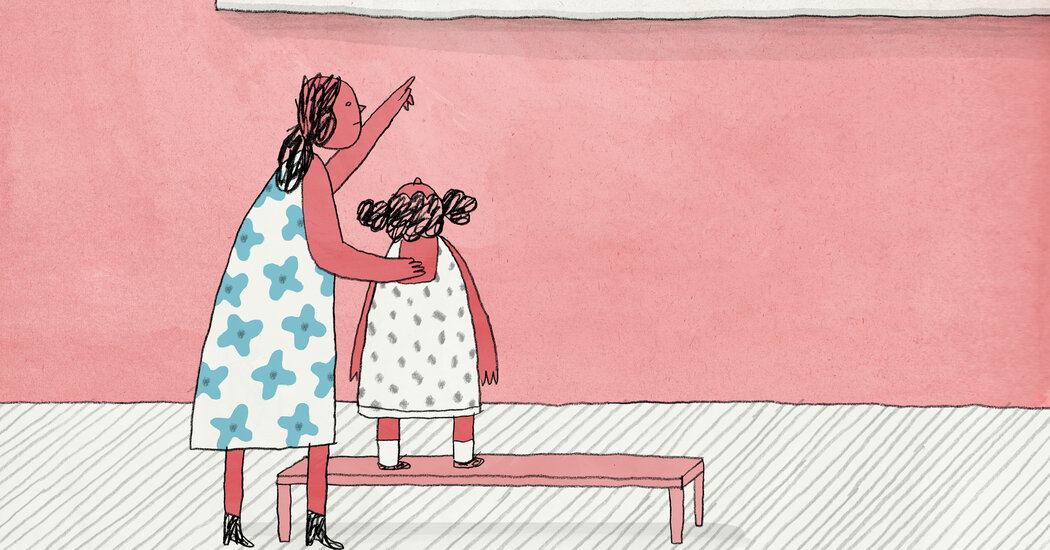
I let her. I never corrected her when she referred to me as her daughter; I rarely corrected her when she called me the wrong name. She would buy me tight fitting V-neck shirts, and I would smile. Neither of us wanted to, or could, acknowledge how I was growing into someone who wasn’t her daughter.
Finally, though, the pain of being in my body exceeded my fear of changing my relationship with my mother, and I scheduled a consultation and then a surgery date to get a gender-confirming bilateral mastectomy. In March, when the surgery center called me to schedule the procedure, I called my mother right after.
“I have my surgery date!”
“When?”
“July.”
“That’s far away.”
“It’s only a few months.”
“You’ll have to buy a lot of stuff. Surgery is a huge deal, hon. I don’t think you’re ready.”
I sometimes wonder if she felt like my surgery was a criticism of her and her body, a rejection of her genes. Once, over the phone, she wept that she had birthed a perfect child and couldn’t see why I would ruin that. When I was little, my mother, a painter, would take me to the art museum, and whenever we saw a painting of a woman with a baby, my mother would say, “That’s you and me.”
A few weeks after I called her with my surgery date, she texted me an article about X gender markers on passports for nonbinary people, with the accompanying text, “Traveling transgender.”
“Omg, cool!” I texted back.
“I know,” she wrote, “it’s worrisome if you don’t look like the gender on your passport. I have short hair, wear jeans, sometimes no makeup. At a Mexican restaurant, a waiter called me ‘sir.’”



